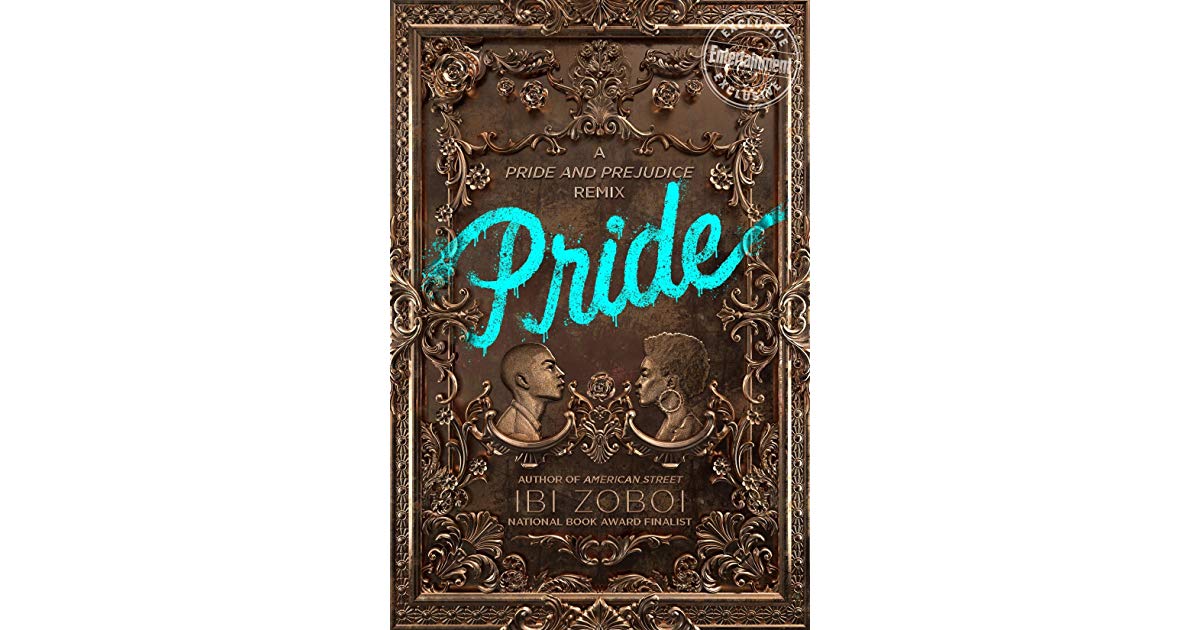Many of you have probably heard of the Young Adult novel called Pride that was published last year. It is a diverse remix of the Jane Austen’s classic, Pride and Prejudice, with characters of colour who live in Brooklyn. Among the positive reviews it received, Meghan Cox Gurdon’s review published in the Wall Street Journal criticises Zoboi’s “heavy use of slang” which “limit the book’s appeal”. Zoboi took this issue to Twitter and called out the racism in Gurdon’s review of her book through a thread of Tweets.
This is an insulting review from a major publication (@WSJ) by a very problematic reviewer, Meghan Cox Gurdon. So I’d like to review her review as an example of the “classical narrative tact” she was looking for in my book. pic.twitter.com/XjQFjsafR9
— Ibi Zoboi (@ibizoboi) September 22, 2018
One of the issues that Zoboi points out is Gurdon’s perception of African American Vernacular English (AAVE), having picked out a few lines of AAVE from Pride to “falsely highlight the novel’s presumed intellectual inferiority”. AAVE is commonly perceived by the public as slang, improper and “wrong” English, especially in literature, and Gurdon’s review only proves that this perception does indeed exist in our society today. Putting down that it isn’t of “literary formality” and lacks “classical narrative tact”, Gurdon has summed up why AAVE is not so prominent in literature. While it is acceptable to hear AAVE in music, conversations and TV shows, many still see AAVE as a dialect that isn’t sophisticated enough for literature.
Using AAVE in literature is not dissimilar to the use of Scottish dialect in Trainspotting or even the use of the fictional language Nadsat in A Clockwork Orange. Though in the case of AAVE, it is a legitimate way of speaking adopted by the Black community and is often used as a point of mockery by others for sounding uneducated or lazy. As a result of this common misconception amongst the majority of the public, Black people and Black vernacular are often under-represented in literature.
Fortunately, there are people who support Zoboi’s remarks on Twitter and are further criticising Gurdon’s racist and narrow-minded review of Pride. Her review also brings to light that there is certainly a need for publications, especially major ones, to have reviewers that are from diverse backgrounds and are widely read so that they are not so ignorant of other cultures, races, and gender identities. When there exists a range of opinions even among a group of people with similar backgrounds, there would no doubt be an even wider range of opinions among those with more diverse backgrounds. Reviews will never be entirely objective, but if publications have more diversity in reviewers, we can end gatekeeping in the literary community and give authors from a whole range of backgrounds the chance to reach wider audiences.
Mary Yeh
Images: Ibi Zuboi’s Twitter account, Goodreads

